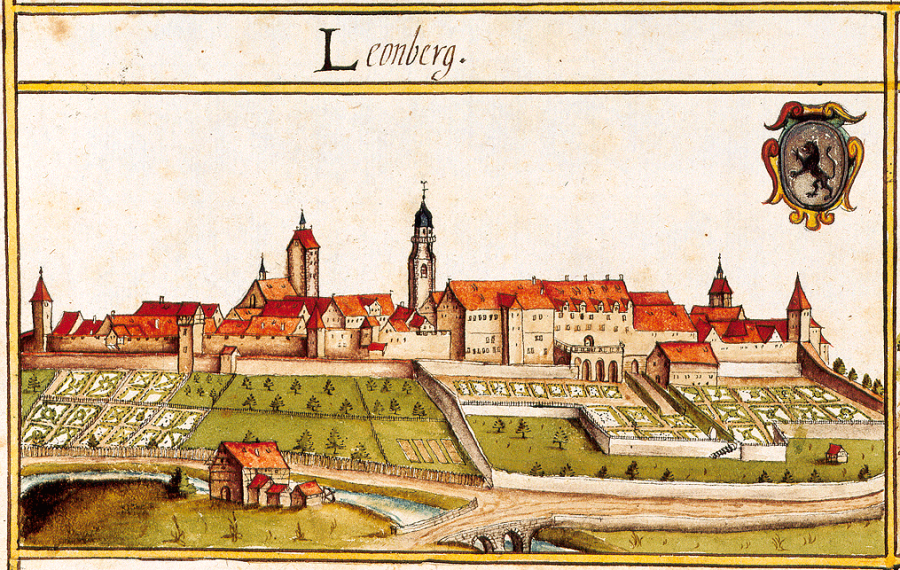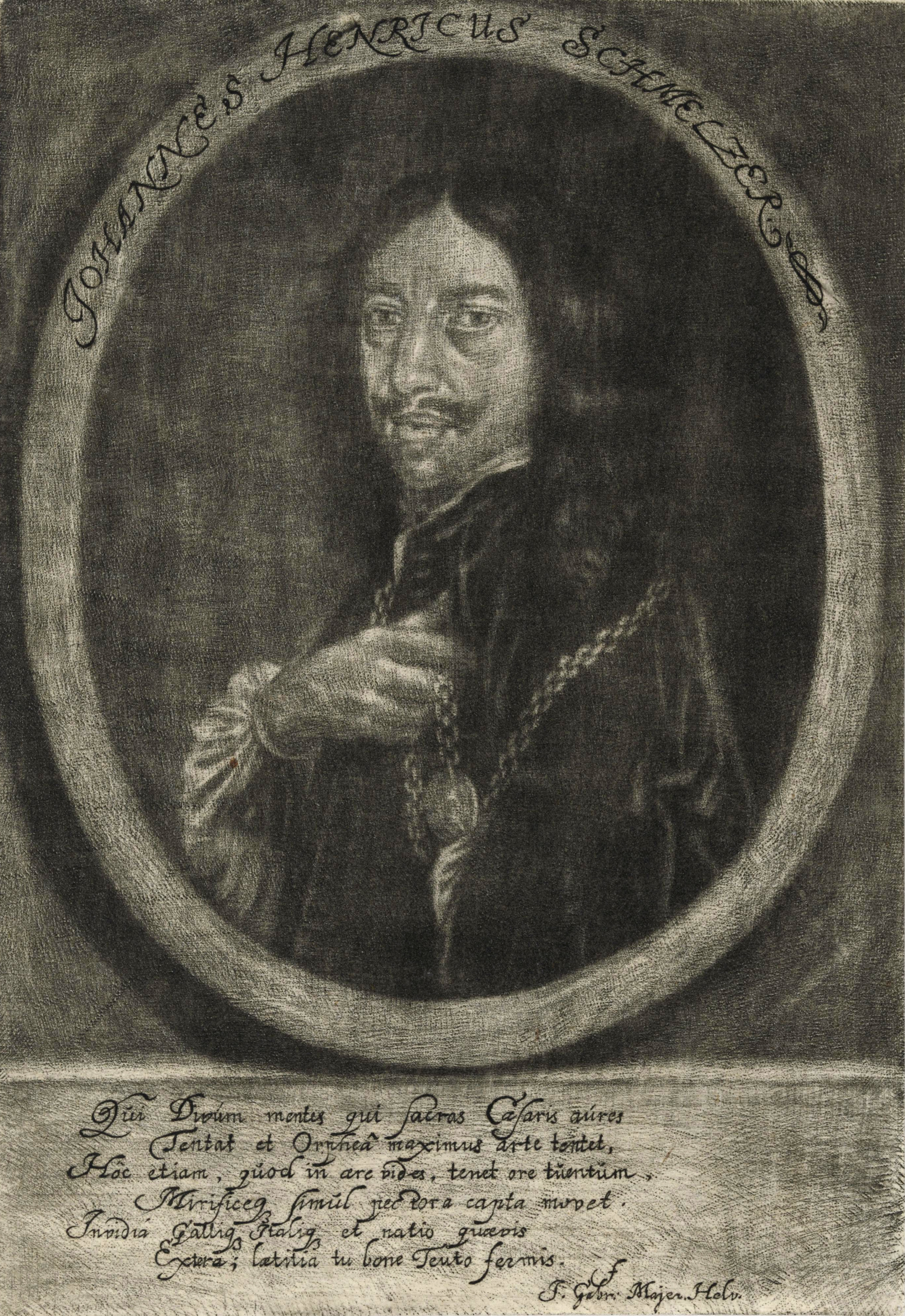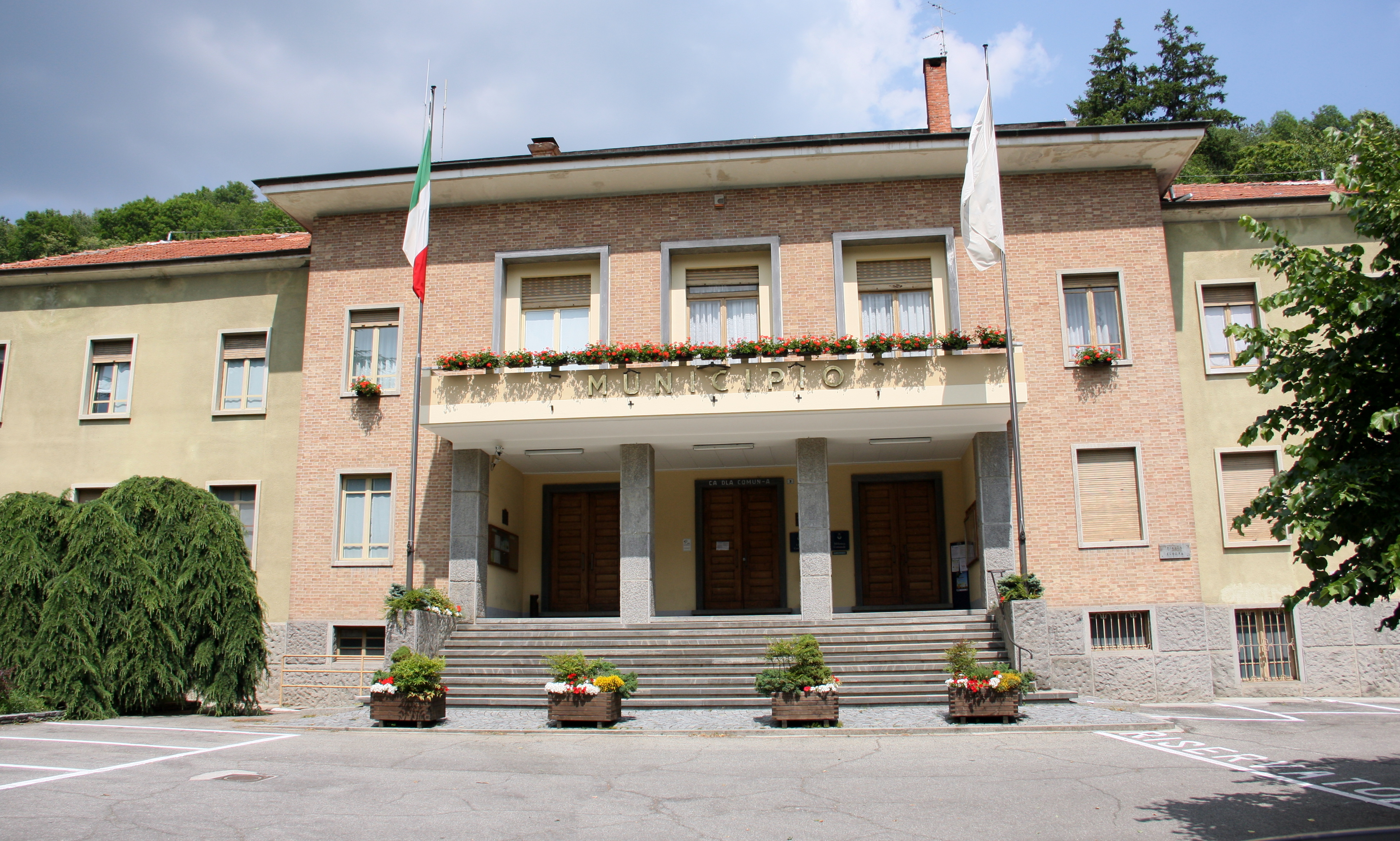|
Rutesheim
Rutesheim is a town located in the district of Böblingen, Baden-Württemberg, Germany. Location Rutesheim is situated directly to the Highway 8 (Bundesautobahn 8), from the town Leonberg, from the city Stuttgart and just from Stuttgart Airport and from the new exhibition center, way west from the town Heimsheim. History Rutesheim was first mentioned in the year 767 in a deed from the convent of Lorsch. The council of ministers decided on 22 January 2008, to award Rutesheim the designation town on 1 July 2008. Prime Minister Oettinger assigned the deed to the town in a ceremonial act on 26 June 2008. Population development The sources are census results (¹) or the data of the statistical office Baden-Württemberg. Politics Mayor Since 2018 Susanne Dornes (née Widmaier) has been the mayor of the city. City council The current legislative period lasts until 2014. Distribution of seats after the election of June 2009: [...More Info...] [...Related Items...] OR: [Wikipedia] [Google] [Baidu] |
SKV Rutesheim
The SKV Rutesheim is a German association football club based in the city of Rutesheim, that competes in the Landesliga Württemberg. History The ''Sport- und Kulturvereinigung Rutesheim'' was founded on 30 September 1945. It is the successor side to ''Freie Sportvereinigung Rutesheim'' founded on 17 July 1920 and disbanded in 1933 under the politically motivated policies of the Nazis which saw the dissolution of left-leaning worker's clubs like ''FSR'', as well as clubs with religious affiliations. The biggest achievement of the footballers of the ''SKV'' was their climb into the third-tier Amateurliga Nordwürttemberg in 1976. They lasted only a single season at that level, finishing in last place with only 10–50 points and 23–66 goals against. From 2008 to 2011, the club has played in the sixth-tier Verbandsliga Württemberg, but was relegated again at the end of the 2010–11 season. Honours The club's honours: First team * 2nd Amateurliga ** Champions: 1975– ... [...More Info...] [...Related Items...] OR: [Wikipedia] [Google] [Baidu] |
Waldensians
The Waldensians (also known as Waldenses (), Vallenses, Valdesi or Vaudois) are adherents of a church tradition that began as an ascetic movement within Western Christianity before the Reformation. Originally known as the "Poor Men of Lyon" in the late twelfth century, the movement spread to the Cottian Alps in what are today France and Italy. The founding of the Waldensians is attributed to Peter Waldo, a wealthy merchant who gave away his property around 1173, preaching apostolic poverty as the way to perfection. Waldensian teachings came into conflict with the Catholic Church and by 1215 the Waldensians were declared heretical, not because they preached apostolic poverty (which the Franciscans also preached), but because they were not willing to recognize the prerogatives of local bishops over the content of their preaching, nor to recognize standards about who was fit to preach. Pope Innocent III offered the Waldensians the chance to return to the Church, and many did ... [...More Info...] [...Related Items...] OR: [Wikipedia] [Google] [Baidu] |
Leonberg
Leonberg (; swg, Leaberg) is a town in the German federal state of Baden-Württemberg about to the west of Stuttgart, the state capital. About 45,000 people live in Leonberg, making it the third-largest borough in the rural district (''Landkreis'') of Böblingen (after Sindelfingen and Böblingen to the south). Leonberg is most famous for its picturesque market square, the centuries-old annual horse market, its past role as the seat of one of Württemberg's first parliaments, and the Pomeranzen Garden – Germany's only remaining terraced garden which dates back to the late Renaissance. Geography Leonberg lies on the east bank of the Glems River on the lower slopes of a prominent hill known locally as Engelberg (literally: "Angel Hill"). The Glems flows into Leonberg from the southeast before turning northwest until it reaches the district of Eltingen. Here, it turns northeast into the western part of the old town, carving its way along the valley to the district of Höfi ... [...More Info...] [...Related Items...] OR: [Wikipedia] [Google] [Baidu] |
Böblingen (district)
Böblingen is a ''Landkreis'' (district) in the middle of Baden-Württemberg, Germany. Neighboring districts are (from west clockwise) Calw, Enz, Ludwigsburg, (district) Stuttgart, and the districts Esslingen, Reutlingen and Tübingen. History The district was created in 1937 as the successor of the ''Oberamt Böblingen'', which dates back to the Duchy of Württemberg, from the late 15th to the early 19th centuries. In 1973 the majority of the district Leonberg, as well as a few municipalities of the district Calw, were added to the district. A few municipalities were reassigned to the district Ludwigsburg. Geography A part of the district is located in the Black Forest, other landscapes covered are the ''Oberes Gäu'' and the ''Schönbuch Schönbuch is an almost completely wooded area south west of Stuttgart and part of the Southern German Escarpment Landscape ( German: ''südwestdeutsches Schichtstufenland''). In 1972 the centre zone of Schönbuch became the first na ... [...More Info...] [...Related Items...] OR: [Wikipedia] [Google] [Baidu] |
Scheibbs
Scheibbs () is a town in Austria in the Scheibbs district of Lower Austria. In 1886, it became the first town in Austria to have street lighting powered by electricity. Population Mayors *1950-1965: Anton Herok *1965-1983: Alois Derfler *1983-2007: Leopold Gansch *2007-2009: Johann Schragl *2009-2019: Christine Dünwald *since 2019: Franz Aigner Twin towns – sister cities Scheibbs is twinned with: * Rutesheim, Baden-Württemberg, Germany (1972) Sons and daughters of the town * Johann Heinrich Schmelzer (c. 1620-1680), court composer and first non-Italian court conductor at the Viennese court of Leopold I, Holy Roman Emperor * Franz Schuh (physician) (1804-1865), physician and surgeon, first surgical procedure with ether anesthesia * Hermann Senkowsky (1897-1965), financial expert, NSDAP official * Andreas Buder (born 1979), ski racer * Paul Scharner (born 1980), football player * Marion Gröbner (born 1985), football player * Kathrin Zettel (born 1986), ski racer ... [...More Info...] [...Related Items...] OR: [Wikipedia] [Google] [Baidu] |
Stadtteil
A quarter is a section of an urban settlement. A quarter can be administratively defined and its borders officially designated, and it may have its own administrative structure (subordinate to that of the city, town or other urban area). Such a division is particularly common in countries like Italy (), France (), Romania (), Georgia (, ''k'vart'ali''), Bulgaria ( bg, квартал, kvartal, Serbia ( / ), Croatia (). It may be denoted as a borough (in English-speaking countries), Spain (''barrio''), Portugal/Brazil (); or some other term (e.g. Poland (), Germany (), and Cambodia ( '' sangkat''). Quarter can also refer to a non-administrative but distinct neighbourhood with its own character: for example, a slum quarter. It is often used for a district connected with a particular group of people: for instance, some cities are said to have Jewish quarters, diplomatic quarters or Bohemian quarters. The Old City of Jerusalem currently has four quarters: the Muslim Quarter, ... [...More Info...] [...Related Items...] OR: [Wikipedia] [Google] [Baidu] |
Perosa Argentina
Perosa Argentina (French: Pérouse) is a ''comune'' (municipality) in the Metropolitan City of Turin in the Italian region Piedmont, located about northwest of Turin, in the val Chisone. Perosa Argentina borders the following municipalities: Coazze, Giaveno, Roure, Pinasca, Perrero, Pomaretto Pomaretto (French: Pomaret) is a ''comune'' (municipality) in the Metropolitan City of Turin in the Italian region Piedmont, located about 45 km southwest of Turin in the Valle Germanasca. People *Paolo Ferrero Paolo Ferrero (born 17 No ..., and Inverso Pinasca. References External links Official website Cities and towns in Piedmont {{Turin-geo-stub ... [...More Info...] [...Related Items...] OR: [Wikipedia] [Google] [Baidu] |
Saalburg-Ebersdorf
Saalburg-Ebersdorf is a town in the Saale-Orla-Kreis district, in Thuringia, Germany close to the Bavarian border. It is situated on the river Saale, 10 km southwest of Schleiz, 30 km west of Plauen and 30 km north-west of Hof. The town is an administrative union of two large villages (Saalburg and Ebersdorf) lying either side of the Saale river near the Bleilochtalsperre as well as several smaller villages in between and around them. History The earliest records of the towns and villages of Saalburg-Ebersdorf are from the thirteenth and fourteenth centuries. They lay on and around the historical trade route between Nuremberg and Leipzig. Saalburg and Ebersdorf became increasingly important in the seventeenth century as regional seats of the Counts von Reuss. Saalburg Saalburg was established under the Lobdaburger reign in around 1313. Some ruins from this early settlement remain today, including a 3-meter-high remnant of the city wall. From 1647-1666, Saal ... [...More Info...] [...Related Items...] OR: [Wikipedia] [Google] [Baidu] |
Sozialdemokratische Partei Deutschlands
The Social Democratic Party of Germany (german: Sozialdemokratische Partei Deutschlands, ; SPD, ) is a centre-left social democratic political party in Germany. It is one of the major parties of contemporary Germany. Saskia Esken has been the party's leader since the 2019 leadership election together with Lars Klingbeil, who joined her in December 2021. After Olaf Scholz was elected chancellor in 2021 the SPD became the leading party of the federal government, which the SPD formed with the Greens and the Free Democratic Party, after the 2021 federal election. The SPD is a member of 11 of the 16 German state governments and is a leading partner in seven of them. The SPD was established in 1863. It was one of the earliest Marxist-influenced parties in the world. From the 1890s through the early 20th century, the SPD was Europe's largest Marxist party, and the most popular political party in Germany. During the First World War, the party split between a pro-war mainstream a ... [...More Info...] [...Related Items...] OR: [Wikipedia] [Google] [Baidu] |
Town
A town is a human settlement. Towns are generally larger than villages and smaller than city, cities, though the criteria to distinguish between them vary considerably in different parts of the world. Origin and use The word "town" shares an origin with the German language, German word , the Dutch language, Dutch word , and the Old Norse . The original Proto-Germanic language, Proto-Germanic word, *''tūnan'', is thought to be an early borrowing from Proto-Celtic language, Proto-Celtic *''dūnom'' (cf. Old Irish , Welsh language, Welsh ). The original sense of the word in both Germanic and Celtic was that of a fortress or an enclosure. Cognates of ''town'' in many modern Germanic languages designate a fence or a hedge. In English and Dutch, the meaning of the word took on the sense of the space which these fences enclosed, and through which a track must run. In England, a town was a small community that could not afford or was not allowed to build walls or other larger fort ... [...More Info...] [...Related Items...] OR: [Wikipedia] [Google] [Baidu] |
Christlich Demokratische Union Deutschlands
The Christian Democratic Union of Germany (german: link=no, Christlich Demokratische Union Deutschlands ; CDU ) is a Christian democratic and liberal conservative political party in Germany. It is the major catch-all party of the centre-right in German politics. Friedrich Merz has been federal chairman of the CDU since 31 January 2022. The CDU is the second largest party in the Bundestag, the German federal legislature, with 152 out of 736 seats, having won 18.9% of votes in the 2021 federal election. It forms the CDU/CSU Bundestag faction, also known as the Union, with its Bavarian counterpart, the Christian Social Union in Bavaria (CSU). The group's parliamentary leader is also Friedrich Merz. Founded in 1945 as an interdenominational Christian party, the CDU effectively succeeded the pre-war Catholic Centre Party, with many former members joining the party, including its first leader Konrad Adenauer. The party also included politicians of other backgrounds, including lib ... [...More Info...] [...Related Items...] OR: [Wikipedia] [Google] [Baidu] |
Lorsch Codex
The Lorsch Codex (Chronicon Laureshamense, Lorscher Codex, Codex Laureshamensis) is an important historical document created between about 1175 to 1195 AD in the Monastery of Saint Nazarius in Lorsch, Germany. The codex is handwritten in Carolingian minuscule, and contains illuminated initials – for example, a huge "D" is presented on the first page. The codex consists of 460 pages in large format containing more than 3800 entries. It is important because it details the gifts given to the monastery and the possessions belonging to it, giving some of the first mention of cities of the Middle Ages in central Germany, and in particular in the Rhein-Neckar region. Over one thousand places are named. None of the original documents that were copied into the codex are known to have survived. The codex is now in the Bavarian state archive in Münich. Literature *''Codex Laureshamensis. Das Urkundenbuch des ehemaligen Reichsklosters Lorch'', Neustadt/Aisch 2003 (Bavarian State Ar ... [...More Info...] [...Related Items...] OR: [Wikipedia] [Google] [Baidu] |





.jpg)